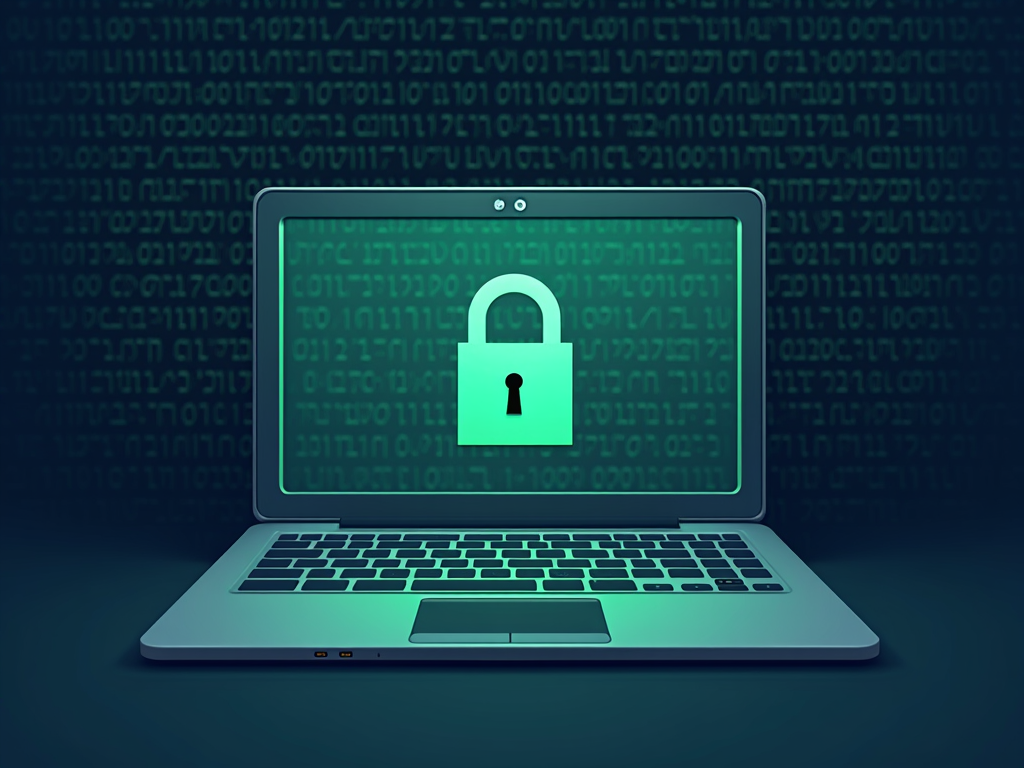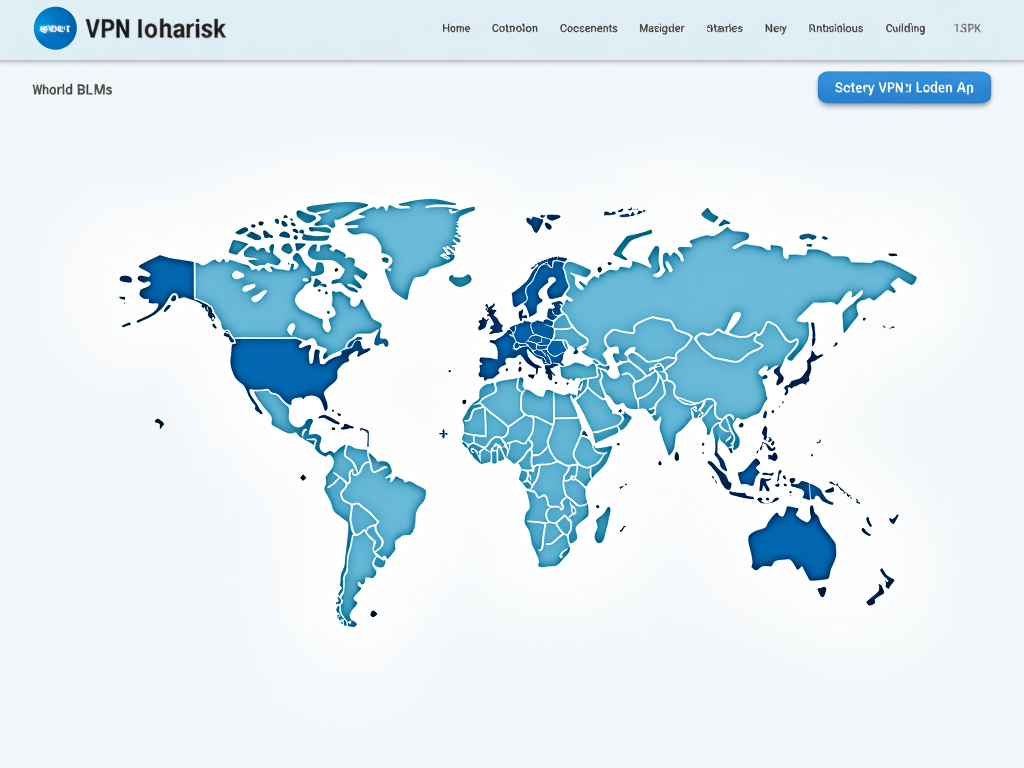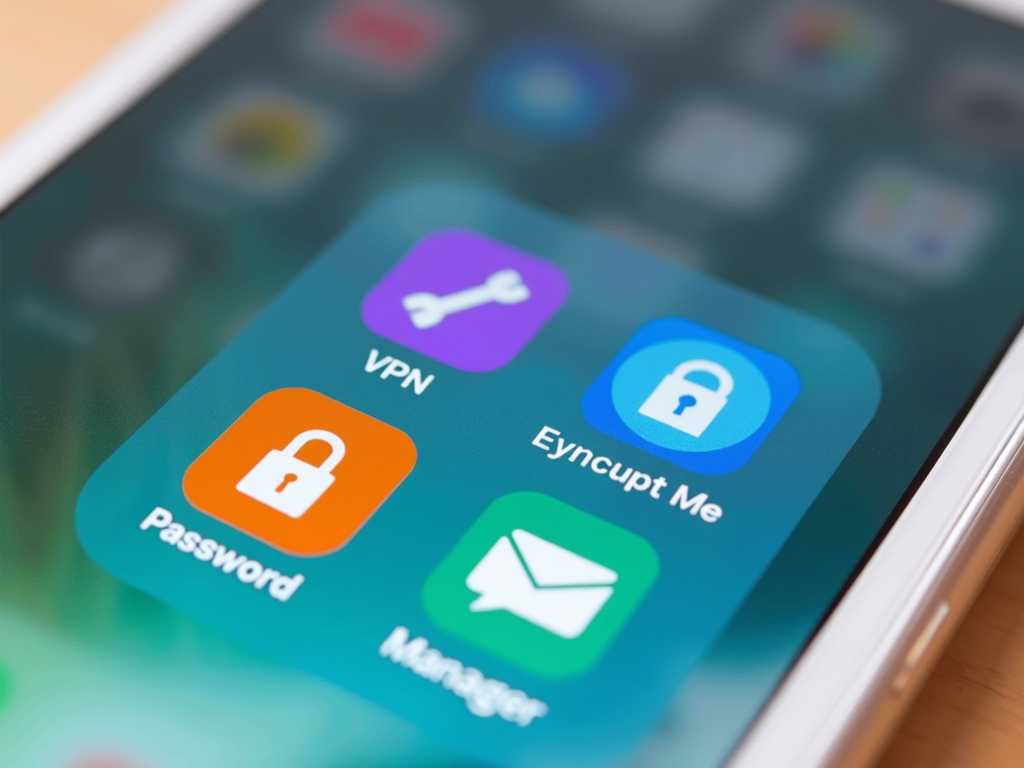The Basics of Internet Encryption: A Comprehensive Guide
Overview
Internet encryption is a fundamental aspect of online security, protecting your data from unauthorized access as it travels across the web. Whether you're browsing, shopping, or communicating, encryption ensures that your personal information remains private. In this guide, we'll explore the basics of internet encryption, how to choose the right VPN for your needs, and the best online privacy tools to safeguard your digital life.
What is Internet Encryption?
Internet encryption is the process of converting your data into a code to prevent unauthorized access. This code, or ciphertext, can only be decoded by someone with the correct decryption key. Encryption is crucial for protecting sensitive information like passwords, credit card numbers, and personal messages. It's like sending a letter in a locked box—only the person with the key can open it.
For example, when you visit a website with "https" in the URL, your connection is encrypted using SSL/TLS protocols. This ensures that any data exchanged between your browser and the website is secure. According to Stanford University's cybersecurity guidelines, encryption is a critical tool for maintaining privacy and security online.

Choosing the Right VPN for Your Needs
A Virtual Private Network (VPN) is a powerful tool for enhancing your online privacy. It creates a secure, encrypted tunnel between your device and the internet, masking your IP address and protecting your data from prying eyes. But with so many VPN options available, how do you choose the right one?
Here are key factors to consider:
- Security Features: Look for VPNs that offer strong encryption protocols like OpenVPN or WireGuard. These protocols ensure that your data is securely encrypted. For more on VPN protocols, check out this guide from the Electronic Frontier Foundation.
- Server Locations: A VPN with servers in multiple countries allows you to bypass geo-restrictions and access content from around the world.
- Pricing: While free VPNs are tempting, they often come with limitations and may compromise your privacy. Paid VPNs typically offer better security and performance.
From personal experience, I’ve found that VPNs with a no-logs policy are essential for true privacy. This means the VPN provider doesn’t store any records of your online activity. When I traveled abroad last year, using a VPN allowed me to access my favorite streaming services securely, without worrying about data breaches.

How to Choose the Right Online Privacy Tools for Your Needs
Beyond VPNs, there are several online privacy tools that can help protect your digital footprint. These tools include password managers, encrypted messaging apps, and privacy-focused browsers. Here’s how to select the right ones for your needs:
- Password Managers: These tools store and encrypt your passwords, making it easier to use strong, unique passwords for each account. I’ve been using a password manager for years, and it’s saved me from the hassle of remembering dozens of passwords. It also alerted me when one of my accounts was involved in a data breach, allowing me to change my password immediately.
- Encrypted Messaging Apps: Apps like Signal and WhatsApp use end-to-end encryption to ensure that only you and the recipient can read your messages. This is crucial for protecting sensitive conversations.
- Privacy-Focused Browsers: Browsers like Brave and Firefox offer enhanced privacy features, such as blocking trackers and ads. They’re a great choice for everyday browsing.
When choosing online privacy tools, consider your specific needs. For instance, if you frequently communicate with others, an encrypted messaging app is essential. If you manage multiple online accounts, a password manager is a must. For more on selecting privacy tools, refer to this resource from the National Institute of Standards and Technology (NIST).

Summary
Internet encryption is the backbone of online security, protecting your data from unauthorized access. By understanding the basics of encryption, choosing the right VPN, and selecting appropriate online privacy tools, you can significantly enhance your digital privacy. Remember, the key to staying safe online is to stay informed and proactive. Use the tools and tips discussed in this guide to safeguard your personal information and enjoy a more secure online experience.